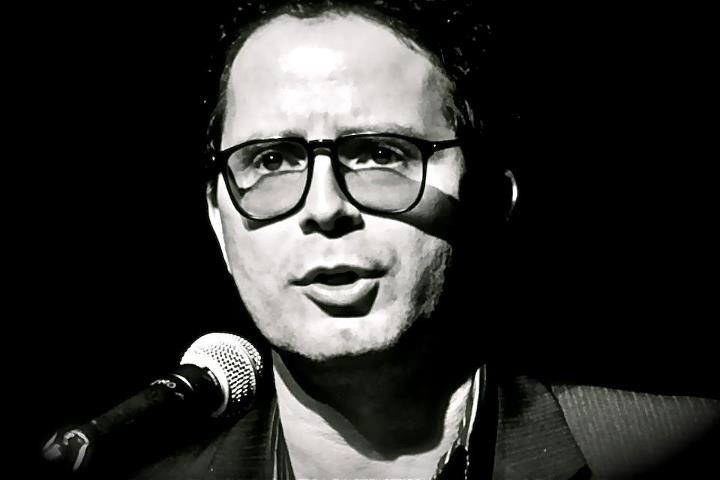We will also be joined by Manuel Rozental, a human rights and social justice organizer who works for ACIN, recently targeted, not by the courts, but by unfounded accusations in the Colombian corporate media that linked him to illegal armed groups operating in the country, an attempt to silence his ongoing activism in support of the indigenous movement. We will be joined by both guests at 7:40am ET. Log onto www.wbai.org and click onto their live streaming link anywhere in the world.
Below is some information about the HR First Report.
February 24, 2009, New York and Bogota—Malicious criminal investigations by prosecutors are endangering Colombian human rights defenders and undermining their work, according to a new report by a leading human rights organization, Human Rights First.
“In a criminal justice system plagued by impunity, the tenacity with which Colombian prosecutors pursue human rights defenders for supposed crimes is striking,” the report finds.
The new report, Baseless Prosecutions of Human Rights Defenders in Colombia: In the Dock and Under the Gun, released today, documents 32 recent cases of unfounded prosecutions against defenders. The report contains the most comprehensive accounting to date of the scope of the problem, based on detailed analysis of court documents and interviews with government officials and human rights defenders.
“Prosecutors have it exactly backwards. Instead of bringing trumped-up charges against human rights defenders, officials should recognize that these activists strengthen Colombian democracy,” said Andrew Hudson, Senior Associate in the human rights defenders program. “The baseless prosecution of human rights activists as terrorists is a widespread problem that requires a comprehensive response from the government.”
While human rights defenders are not alone in being subjected to false investigations, their harassment is distinctive due to the nature of the charges and the methods of collecting, and falsifying, evidence. Prosecutors usually accuse defenders of rebellion and membership in a guerrilla organization, using false testimony from ex-combatants and inadmissible intelligence reports. While local prosecutors carry out these investigations, the institution of the Prosecutor General is also to blame for failing to address such a widespread practice. The Colombian government also bears responsibility for inflammatory statements that encourage the targeting of human rights defenders.
Despite a new criminal procedural code, the arbitrary detention of human rights activists continues. There is, however, a growing awareness among judges and senior prosecutors that these cases are spurious. In almost all of the 32 cases documented in the report, a prosecutor or judge eventually found that the investigation should never have been initiated and failed to comport with even basic notions of due process.
However, by the time the charges are dismissed, human rights defenders may have spent months or years defending themselves, and remain dangerously stigmatized as terrorists or guerrillas. Activists have been released from jail following false accusations, only to be attacked or even killed by paramilitaries.
“Baseless prosecutions must be prevented before the damage is done,” said Hudson. “It is time for the Prosecutor General to create safeguards against corruption and overzealous prosecutors.”
Among many recommendations, the report urges that the Colombian authorities:
- Empower the human rights prosecutor to review all criminal investigations against human rights defenders, close those that are unfounded, and immediately release those in detention;
- Prosecute officials found to have violated the law in falsely investigating human rights defenders;
- Stop using coerced and coached witness testimony and intelligence files as a basis to initiate criminal investigations against defenders; and
- Refrain from public statements that falsely link human rights advocacy to terrorism.
“As a major financial supporter of judicial reform, the U.S. government can and must play a role in helping Colombia to end this dangerous practice,” said Hudson. U.S. appropriations legislation for 2008 earmarked $20 million for the Office of the Prosecutor General, as part of more than $500 million in aid.
Recommendations for the United States government include:
- The US Agency for International Development (USAID) and the Department of Justice should fund the Colombian human rights prosecutor to vet specious prosecutions of defenders; and
- The U.S. Congress should include in appropriations legislation a condition that the Colombian armed forces are not involved in violations against human rights defenders.
Colombia is one of the most dangerous states in the world for human rights defenders. Dozens of human rights defenders are murdered every year, including labor rights activists, lawyers, indigenous leaders, members of nongovernmental organizations, and community and religious leaders.

No comments:
Post a Comment